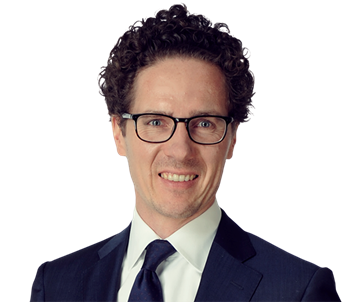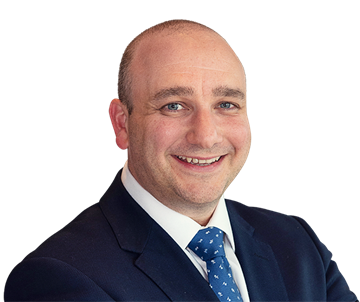10 key trends in transition M&A
Setting up businesses/projects to facilitate M&A and realise synergies in future is critical
Balancing the need for the right partners at the right time – providing construction expertise, IP, a route to market etc – with the need for shareholders to exit and recycle capital is often critical in a new business area.
The issue of future monetisation of assets may be addressed differently in respect of large-scale energy transition projects, such as new CCS initiatives and green hydrogen developments. Here, one of the often-overlooked key success points can be ensuring at an early stage of project design that the project is conceived with future M&A and value realisation in mind.
Distinctions can also be made between (i) core assets; and (ii) the ancillary services that build, run and support the assets. The latter category of business often lends itself to accelerated growth and, with the associated returns profile, is particularly attractive to private equity investment, says Freshfields Partner and head of the firm’s energy and natural resources practice in Asia Philip Morgan. 'Spin-offs of non-core service businesses may allow for tangible and relatively quick monetisation and return on investment as well as providing capital for future core asset development.'
In the case of green hydrogen (which may comprise a large-scale renewables power generation facility with battery storage, an electrolyser facility with compressor, and a green ammonia plant with storage and offtake facilities), there are a number of opportunities to create separate profit centres which could be separately monetised in the future through M&A.
To achieve this requires careful thought at the business modelling and planning stage, subsequently supported by a clearly understood and robust contractual framework to implement a segmented project design.
![]()
Spin-offs of non-core service businesses may allow for tangible and relatively quick monetisation and return on investment as well as providing capital for future core asset development.
Philip Morgan
Freshfields Partner and head of the firm’s energy and natural resources practice in Asia
Attempting to reconfigure projects post-development to achieve monetisation, as has been attempted or considered in respect of a number of LNG liquefaction projects to enable, for example, the sale of key pipelines to infrastructure players, can be extremely challenging, says Freshfields Partner James Chapman, advising to work through these issues at the project conception stage.
'Ensuring that arrangements between stakeholders allow the right kind of future M&A is also important, not just from the business model structuring mentioned above, but also in the traditional drag and tag rights, right of first offer/refusal and lock-in periods that often feature in infrastructure M&A discussions, and related restrictions in any financing.'
Striking the right balance between having the right partners in a business at the right time – sometimes providing construction expertise, sometimes IP, sometimes a route to market – with the need for shareholders to exit and recycle capital is a delicate operation that is often more critical in a new business area.
Transformational M&A 10 key trends
- 01. Increased vertical and horizontal integration
- 02. Bundling small projects from SME developers into portfolios to create scale
- 03. Traditional players moving outside of their comfort zones
- 04. New technology providers and specialist operators entering projects earlier
- 05. Geography is critical for many low-carbon technologies
- 06. No business is an island: low-carbon investment requires a full value chain
- 07. Setting up businesses/projects to facilitate M&A and realise synergies in future is critical
- 08. Sources of capital driving M&A activity (and their constraints) are changing
- 09. Private capital trends are affecting energy transition M&A
- 10. Antitrust and FDI controls are influencing energy transition M&A
- Outlook for transition M&A
Key contacts

James Chapman Partner
London

Philip Morgan Partner
Singapur

Dr. Natascha Doll Partner
Hamburg, London

Dr. Wessel Heukamp Partner
München

Dr. Ralph Kogge Partner
München, Düsseldorf

Mirko Masek Counsel
Hamburg, Düsseldorf

Olivier Rogivue Partner
Paris

Andreas Ruthemeyer Partner
Frankfurt am Main

Dr. Stefan Schröder Partner
Düsseldorf

Dr. Gregor von Bonin Partner
Düsseldorf

Samira Afrasiabi Partner
London

Alon Gordon Partner
London

Richard Thexton Partner
London

Graham Watson Partner
London

Bukunola Alakija Counsel
London

Laurent Bougard Counsel
Tokio, Hong Kong

Sarah Jensen Counsel
London


